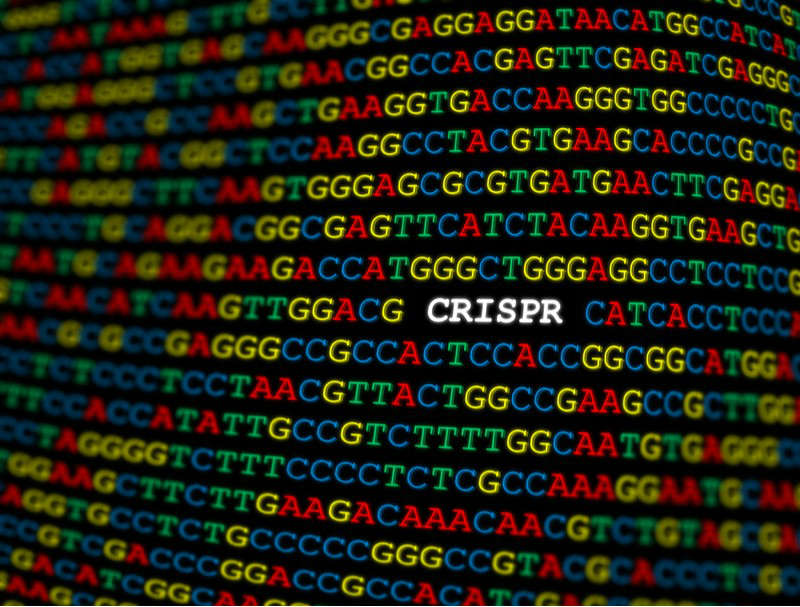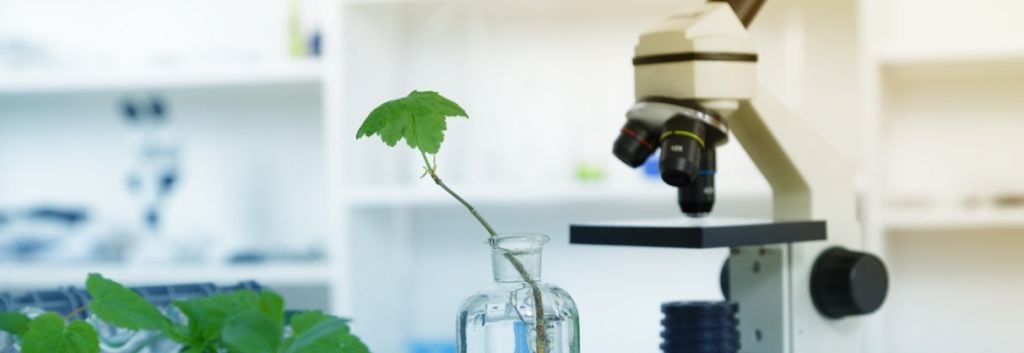Newsletter Signup - Under Article / In Page
"*" indicates required fields
The German chemical giant BASF has obtained a non-exclusive license from the US Broad Institute for the use of CRISPR-Cpf1 gene-editing technology in agricultural and microbiological applications.
CRISPR-Cas9 is a fast and easy technique for editing the genome that has gained worldwide fame. It has the potential for use in many applications such as in therapeutics, research, and agriculture.
BASF, the largest chemical producer in the world, has also jumped on the CRISPR-Cas9 train. It obtained a license from the Broad Institute last year for using CRISPR-Cas9 to modify crop plants to increase yield and make them resistant to disease. It also hopes to better modify microorganisms to increase product production in its industrial microbiology.
While CRISPR-Cas9 is very useful, it’s tricky to replace one section of genetic sequence with another using this technique. BASF’s license this time is for CRISPR-Cas9’s companion technique called CRISPR-Cpf1, for use in the same applications. CRISPR-Cpf1 cuts DNA strands in a different way to CRISPR-Cas9, making it easier to replace one gene with another.
CRISPR-Cas9 and CRISPR-Cpf1 also differ in which regions of the genome they can cut. “That difference increases the range of places in the genome that can be edited,” Peter Eckes, President of Bioscience Research at BASF, told me. “The two licenses together give BASF maximum flexibility in the choice of tools for specific applications.”

CRISPR-Cas9 has been the subject of a global legal battle between two factions, one led by the University of California and the other led by the Broad Institute. While the Broad Institute was granted ownership of CRISPR-Cas9 patents in the US in 2017, the European Patent Office has repeatedly ruled in favor of the University of California.
In contrast to CRISPR-Cas9, CRISPR-Cpf1 pioneer Feng Zhang and the Broad Institute hold undisputed ownership of the technology.
Other types of CRISPR are also in the works. A form of CRISPR-Cas9, patented in Europe by the University of California group, can be used to activate or suppress a gene without changing its sequence in the genome. This mix of different types of CRISPR and the ongoing legal disputes around the world doesn’t help companies hoping to adopt the technology.
BASF is clearly ambitious in its genetic engineering research. In addition to obtaining CRISPR licenses, it also owns 47% of the almost 13,000 genetic sequences patented from marine organisms as of June this year.
It seems as though BASF is keen to be ahead of the competition when it comes to exploiting the diverse genetic adaptations found in marine life for agriculture and microbiology and it’s access to CRISPR technology can only help the company in its quest.
Images from Shutterstock
Partnering 2030: FME Industries Report







